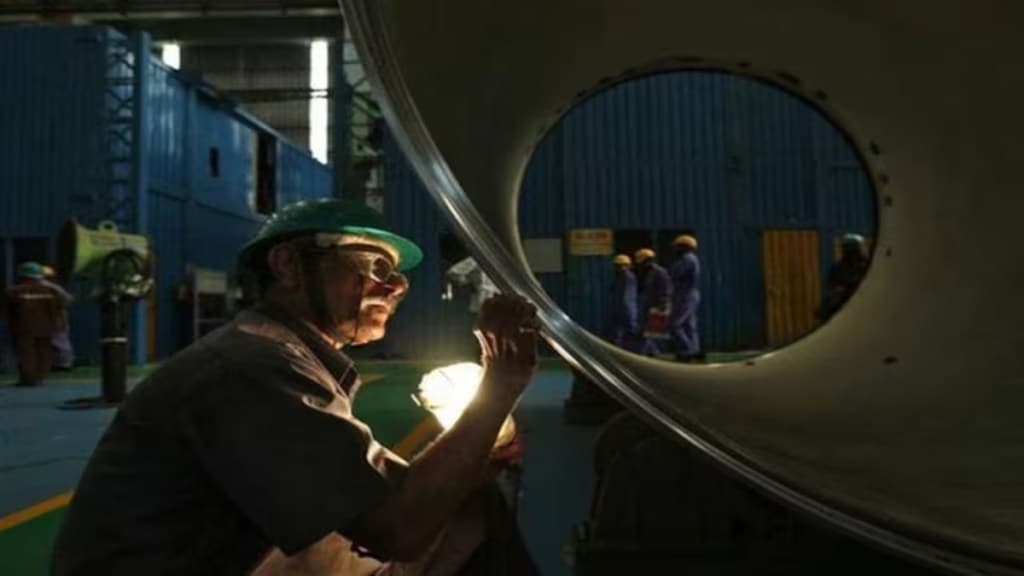As the higher US tariffs gradually became operational in August, its impact was felt immediately on the engineering goods exports to that country.
In April-July, shipments of these goods to the US grew at 12.6% on year as orders and shipments were advanced.. However, export growth slowed to 7.2% on year in August, bringing down the rate of expansion of exports of these goods to the US in April-August this financial year to 11.5%, according to an analysis by the Engineering Export Promotion Council (EEPC).
Engineering goods exports account for 26.74% of India’s total merchandise exports to the US .
The exports to the US stood at $ 1.67 billion in August and in April-August it stood at $8.63 billion. This decline in shipments to the US could be early signs of stress, The imposition of 25% reciprocal tariffs from August 8 and 25% additional duties from August 27 takes the total duties on engineering exports to the US to 50% with no product exempt.
Auto parts, metals take the biggest hit
The steel, aluminium, copper have 50% duties now. Even though the automobile parts have an effective duty of 25% for all countries, the parts covered by the EEPC are subject to 50% tax. India’s annual engineering exports to the US average around $20 billion, which remain exposed to the 50% tariff imposed by the Trump administration.
As growth in the US slowed, in the second biggest market, the UAE the exports grew 5.8% in August to $ 649,2 million. In April-July exports to the UAE had contracted 7.5%.
Bright spots in machinery and steel exports
As duties on auto components had come earlier in April and as a result the shipment of products in thai category declined 3% to $ 952.8 million in April-August. The biggest growth was seen in exports of iron and steel to the US with growth at 87% on year in April-August to $ 344 million. Industrial machinery exports were up 15% during the period to $ 1.94 billion. Electrical machinery exports grew 21% to $ 1.34 billion.
September will be the first month when the full blown impact of 50% tariffs will be felt.
“We urge the government to provide us with support for the better marketing of Indian products abroad, as diversification of products and destinations is key. The support of the government will also be crucial to address the issues of export credit, rising raw material prices, and rising logistics costs,” chairman of EEPC Pankaj Chadha said.
